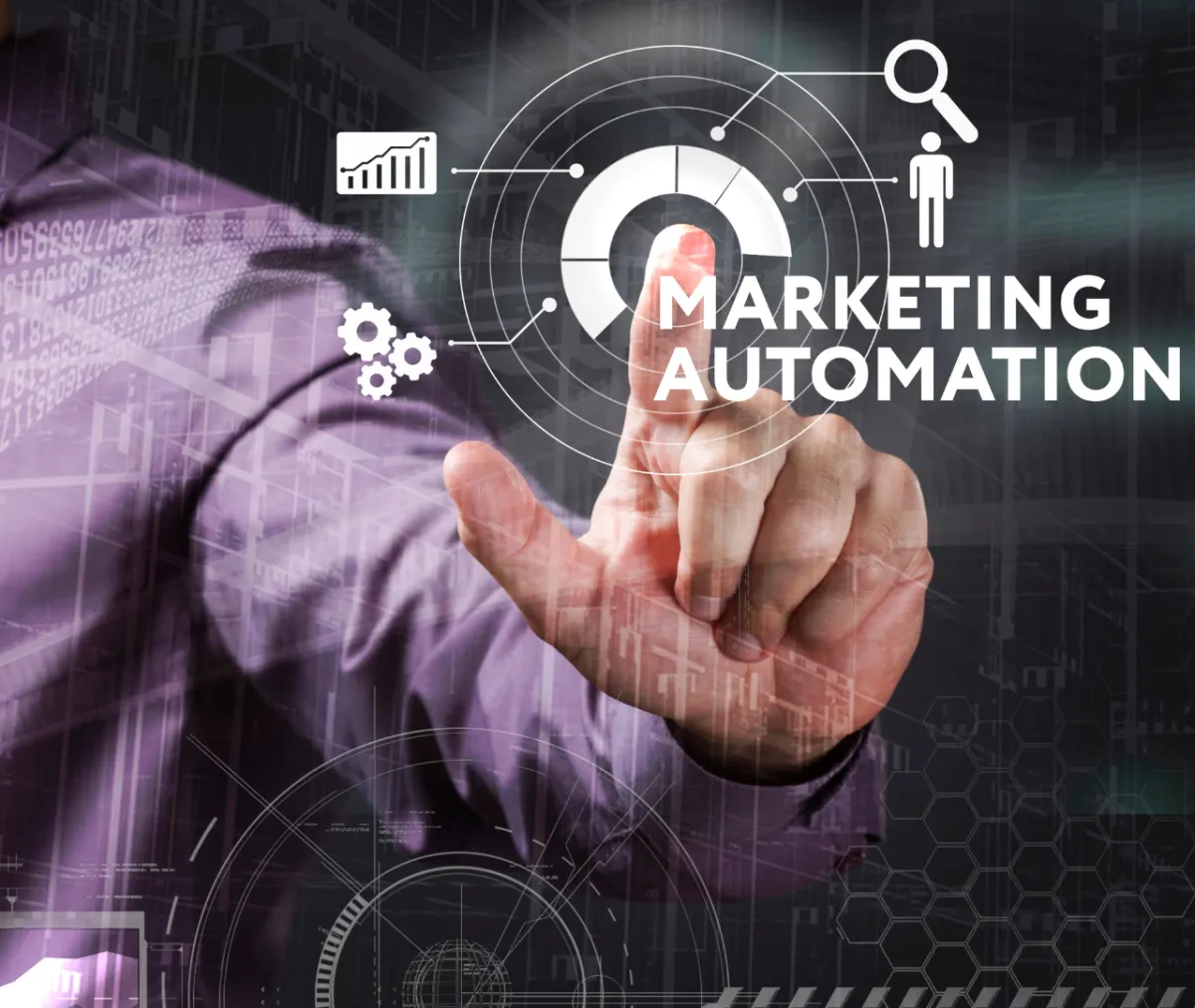
How Marketing Automation Streamlines Customer Engagement - A Simple Story From a Marketing Expert
When I first started helping businesses build their online presence, most of my time went into tasks that repeated every single day, sending follow-up emails, checking who opened what, reminding leads about appointments, posting updates, and tracking who was interested in which service.
It worked… but it was slow. And messy.
Some leads slipped through the cracks. Some customers waited too long for replies. And some campaigns didn’t perform as well because everything depended on manual effort.
That changed the day I discovered marketing automation.
It felt like hiring a 24/7 digital assistant who never forgets, never sleeps, and always sends the right message at the right time. And today, when people ask me how to improve their lead generation and customer engagement, this is the first tool I teach them.
Let me break it down in the simplest way possible.
1. What Exactly Is Marketing Automation?
Imagine having software that watches what your customers do and then responds instantly without you lifting a finger.
That’s marketing automation.
It connects the different parts of your marketing system:
Your website
Email and SMS campaigns
Social media
CRM and lead database
Landing pages and forms
And then it performs tasks automatically based on your rules.
Example:
Someone downloads your brochure → The system immediately sends a personalized email → Tags the lead based on interest → Alerts your sales team if the lead is highly engaged.
Marketing automation doesn’t replace your creativity it amplifies it.
2. Why It Matters for Modern Customer Engagement
Customers today expect fast, personalized, and relevant communication.
If a business replies late or sends generic messages, people lose interest quickly.
Automation solves this by ensuring:
No lead is forgotten
Every customer gets timely responses
Communication remains consistent
Content is personalized and helpful
This becomes even more important with AI-driven search like Google’s AI Overviews, which prefers businesses that offer clear, reliable, consistent communication across channels.
3. How Automation Actually Streamlines Customer Engagement
Let’s walk through the areas where automation makes a dramatic difference:
a. Personalized Communication
Automation tools study customer behavior:
Pages they visit
Forms they fill
Products they view
Emails they open
Then they send content tailored exactly to that behavior.
Example:
If a customer browses mobility equipment, they automatically receive an email with offers or helpful guides related to mobility solutions.
b. Consistent Follow-Ups
Instead of manually remembering who to email:
Welcome sequences
Appointment reminders
Service follow-ups
Feedback requests
…all go out automatically and on time.
c. Lead Scoring & Segmentation
Automation sorts your leads based on interest level:
High engagement = hot leads
Medium engagement = warm leads
Low engagement = cold leads
This helps your team focus on the people most likely to buy.
d. Multi Channel Integration
Automation ensures every touchpoint feels connected:
Email
SMS
Social media messages
Website activity
No matter where a customer interacts, they feel the same level of care.
e. Behavioral Triggers
Automated workflows activate instantly when a user takes an action:
Cart abandonment → reminder email
Pricing page visit → sales follow up
New subscriber → welcome sequence
This keeps engagement natural and relevant.
4. The Real Benefits of Automation
Here’s what businesses experience once automation is in place:
Higher engagement — personalized messages = more clicks and replies
More efficiency — teams spend time on strategy, not repetitive tasks
Better customer relationships — consistent communication builds trust
More conversions — warm leads move smoothly into paying customers
Stronger insights — data from every touchpoint helps you improve campaigns
In short, automation helps you scale without losing the personal touch.
5. Real-World Examples You Can Learn From
Automation fits almost any industry. Here’s how different sectors use it:
Home Services:
Review requests
Seasonal service reminders
Healthcare:
Appointment reminders
Health tips
Post visit followup care
E-commerce:
Cart recovery emails
Personalized product recommendations
Professional Services:
Educational email sequences
Case study sharing
Once you map out your customer journey, automation takes over the routine communication.
6. Measuring the Impact of Automation
You’ll know automation is working when key metrics start rising:
Email open rates
Click through rates
Conversion rates
Customer retention
Response time
Campaign ROI
Most automation tools have built-in dashboards, so you can quickly see what’s working.
7. Automation + AI = A Powerful Combo
AI and automation work hand in hand.
Automation ensures consistency.
AI analyzes data and suggests improvements.
Together, they help businesses deliver:
Faster responses
Helpful content
Better personalization
Higher visibility in platforms like Google’s AI Overviews
This is where the future of customer engagement is heading.
8. Using Automation for Seasonal or Special Campaigns
One thing I always recommend is automating around important dates:
Customer Service Week → send appreciation messages
New Year → goal setting campaigns
Health or Marketing observances → educational sequences
Holiday sales → automated promotional workflows
It keeps your brand active and relevant without manual effort.
9. Final Thoughts From an Expert
Marketing automation is not just a tool it’s a smarter way of working.
It helps you:
Stay consistent
Stay timely
Stay personal
Stay efficient
With automation handling repetitive tasks, you can focus on creativity, strategy, and real human connection. And as customer expectations rise, automation becomes less of a luxury and more of a necessity.
If you want your engagement strategy to feel effortless and effective, automation is the key that transforms your process from reactive to remarkable.
- This is a monthly subscription service.
- A monthly subscription is required for each Google Business Profile location.
- Privacy Policy
- Terms of Service
- Disclaimer
- Cookie Policy
- Accessibility Statement

